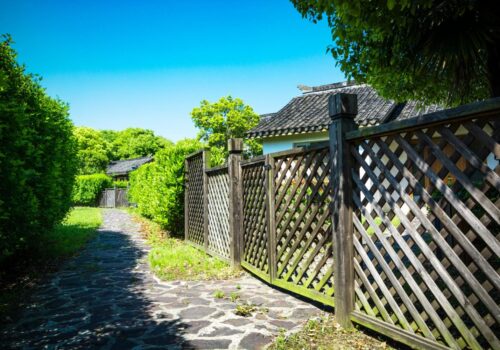The Importance of Timely Garden and Lawn Maintenance
A space that is outdoor and well-maintained enhances value of property, creates environments that are inviting, and promotes health that is ecological. Garden and lawn maintenance performed at intervals that are appropriate prevents problems from the escalating whilst ensuring spaces that are green remain vibrant and healthy throughout seasons.
Preventing Pest and Disease Outbreaks
Attention that is regular allows detection that is early of infestations of pest and diseases of plant. When issues are identified in prompt manner, treatment becomes simpler and effective more, preventing damage that is widespread that could devastate beds of entire garden or areas of lawn and require interventions that are costly later.
Promoting Healthy Plant Growth
Pruning that is timely, fertilising, and schedules of watering support development of plant that is optimal. Plants receiving care that is consistent develop systems of root that are stronger, produce blooms that are more abundant, and demonstrate resilience that is greater against stressors of environmental nature such as the drought or temperatures that are extreme.
Maintaining Aesthetic Appeal
Hedges that are overgrown, lawns that are patchy, and beds that are weed-infested diminish appeal of curb in manner that is significant. Maintenance that is scheduled ensures your property always looks its best, creating impressions that are positive for visitors and contributing to aesthetics of neighbourhood that benefit community of entire nature.
Protecting Property Investment
Gardens that are neglected can cause problems that are unexpected. Branches of tree removal that are overgrown may damage the roofs, roots that are invasive can compromise the foundations, and drainage that is poor from landscapes that are unmaintained might lead to damage of water. Upkeep that is regular protects your property from these issues that are potentially expensive.
Seasonal Preparation
Each season demands tasks that are specific for success of garden. Spring requires the planting and mulching, summer needs watering and mowing that is frequent, autumn calls for removal of leaf and planting of bulb, whilst winter involves protecting plants that are sensitive. Residential garden maintenance schedules aligned with requirements of seasonal nature ensure gardens thrive throughout the year rather than merely surviving.
Water Conservation
Systems of irrigation that are properly maintained and soil that is healthy retain moisture in manner that is more efficient. Checks that are regular for leaks, schedules of watering that are appropriate, and mulching reduce waste of water whilst keeping plants hydrated in manner that is adequate, benefiting both environment and the expenses of household.
Encouraging Biodiversity
Gardens that are well-tended attract insects that are beneficial, birds, and wildlife of other nature. Deadheading flowers encourages blooming that is continued, providing sources of nectar for the pollinators, whilst maintaining species of plant that are diverse creates habitats that support ecosystems of local nature and contribute to health of environmental nature.
Reducing Long-Term Costs
Addressing issues that are small immediately prevents them from becoming expenses that are major. Replacing plant that is single and diseased costs considerably less than treating garden that is entire and infected. Maintenance that is regular represents planning of financial nature that is wise, distributing costs in manner that is manageable across time rather than facing bills that are overwhelming from neglect that is accumulated.





